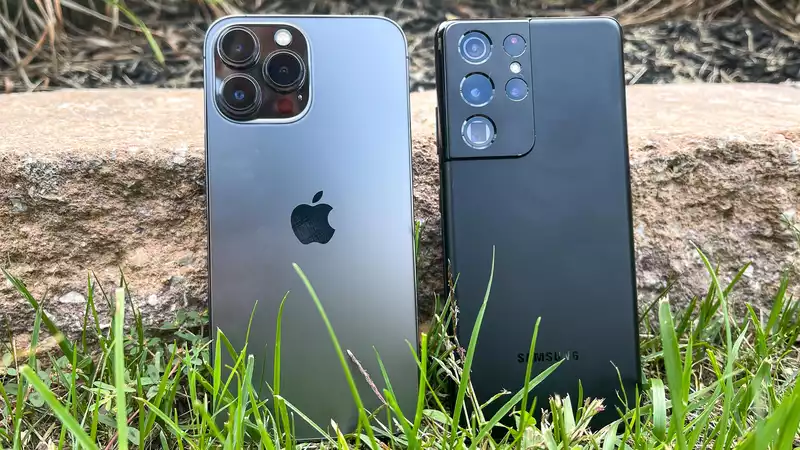The global chip shortage is affecting everything from car production to PS5 restocking, and according to a new report from Counterpoint Research, the smartphone industry, while recovering reasonably well, is slated to get even worse.
The shortfall appears to be "hitting the smartphone industry hard," with the firm revising its forecast for smartphone shipments downward from 1.45 billion units to 1.41 billion units.
This may not sound like a dramatic change, but if you keep in mind that last year's sales cap, curbed by the coronavirus, was 1.33 billion units, you can see that this is not the kind of recovery many would expect as the world opens up.
Counterpoint attributes this to supply not keeping up with demand, noting that "some smartphone OEMs and vendors reported receiving only 80% of requested quantities for key components during Q2. In the third quarter, it appears to have been even worse, with some vendors receiving only 70%.
The report notes that 90% of the industry is affected, but the pain is not evenly spread. The semiconductor shortage "appears to be affecting all brands in the ecosystem," explained Tom Kang, research director at Counterpoint, naming such giants as Samsung, Oppo, and Xiaomi.
But there was one company that seemed more immune than others: Apple. Kang added, "Apple seems to be the most resilient and the least affected by the AP shortage situation."
But even Apple is warning that its stock price may not flow as smoothly as in normal times. In its most recent investor conference call, the company warned investors on the call that growth could be affected by supply shortages. Luca Maestri, Apple's CFO, said at the time, "We expect supply constraints in the September quarter to be greater than those experienced in the June quarter. 'This constraint will mainly affect the iPhone and the iPad.'
So far, as per Counterpoint's survey, there seems to be no supply shortage for the iPhone 13, but others are not so lucky.
An earlier report from Wave7 suggested that vendors are struggling to keep mid-range devices in stock, especially from Samsung and OnePlus, forcing Google to limit the launch of the Pixel 5a to only two regions, the US and Japan. We expect the Google Pixel 6 to arrive this month, but would not be surprised if it runs out of supply or is part of a staggered rollout when it is finally released.
Meanwhile, the fate of Samsung's Galaxy S21 FE, which was feared to be cancelled due to a chip shortage, is again being severely doubted.
The ongoing chip crisis may mean that handset makers will have to be a bit more selective about which handsets they prioritize in the short to medium term. Samsung, for example, is likely to pseudo-reintroduce the Galaxy Note, which was cancelled due to the chip shortage in 2021, as the Samsung Galaxy S22 ultra model, reducing the five flagship handset candidates to just three.










Comments